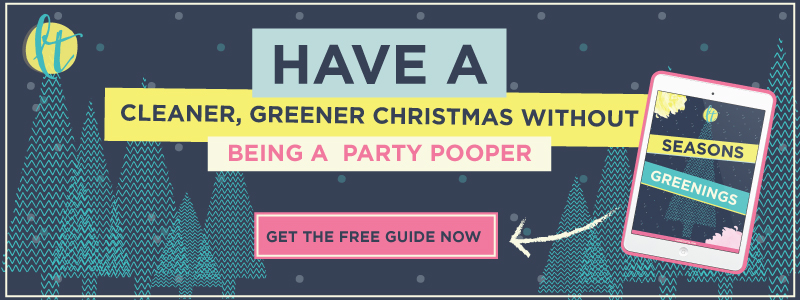Categories
As Christmas fast approaches and adults the world over look for cheap stocking fillers to gift to their children and children’s friends, I thought it was a great opportunity to chat about fad toys and the impact they have on the environment.
In particular, I wanted to check in on the fad toy of 2017… The Fidget Spinner. In this episode I chat about the Lifecycle of a Fidget Spinner and share Five Alternatives to Gifting Fad Toys.
If you yearn for a simpler, minimalist lifestyle and are yet to declutter your house, this post is for you.
I’m sharing the ins and outs of our decluttering attempts for our upcoming house move.
Links for Specific Charities Mentioned:
- Bras…. Uplift Project Drop off locations
- Glasses – Lions Recycle for Sight Australia
- Business Clothing – Dress For Success
Like This Topic?
You May Also Like To Listen To These Previous Eco Chat Episodes:
If you choose to eat meat, and you care for the environment and care for your own health, I bet you’ve wondered “what is the best meat to eat”?
It’s a question I’m asked a lot, particularly by my Self Sufficiency in the Suburbs members, and it’s a question I’ve also contemplated.
I mean if you walk into a typical supermarket meat section you’re faced options such as organic, free range, grass fed, grain fed, no added hormones, antibiotic free, pasture raised and more! It can be hard to make an informed choice!
If you’re keen to discover once and for all what the most sustainable meat is, this post is for you.
I’m chatting with Peri McIntosh from Borderpark Organics and we uncover what is the best meat to eat from an environmental and health perspective.
Before you dive in though, you may like to also listen to Episode 49 –Regenerative Farming and It’s Role In Healing Our World (with Joel Salatin from Polyface Farm), and Episode 51 – 7 Ways To Smarten Up Your Meat Consumption.
But in this episode we dive into what all those different terms for meat mean, what are some of the common additives included in conventional meats, and how you can better ensure less waste from the animal (i.e. tip to the tail eating).
This episode is a meaty one (ha ha!) but I hope you get a lot out of it. Because if you do choose to eat meat, I really want to help you make the most sustainable choice for you and the environment.
